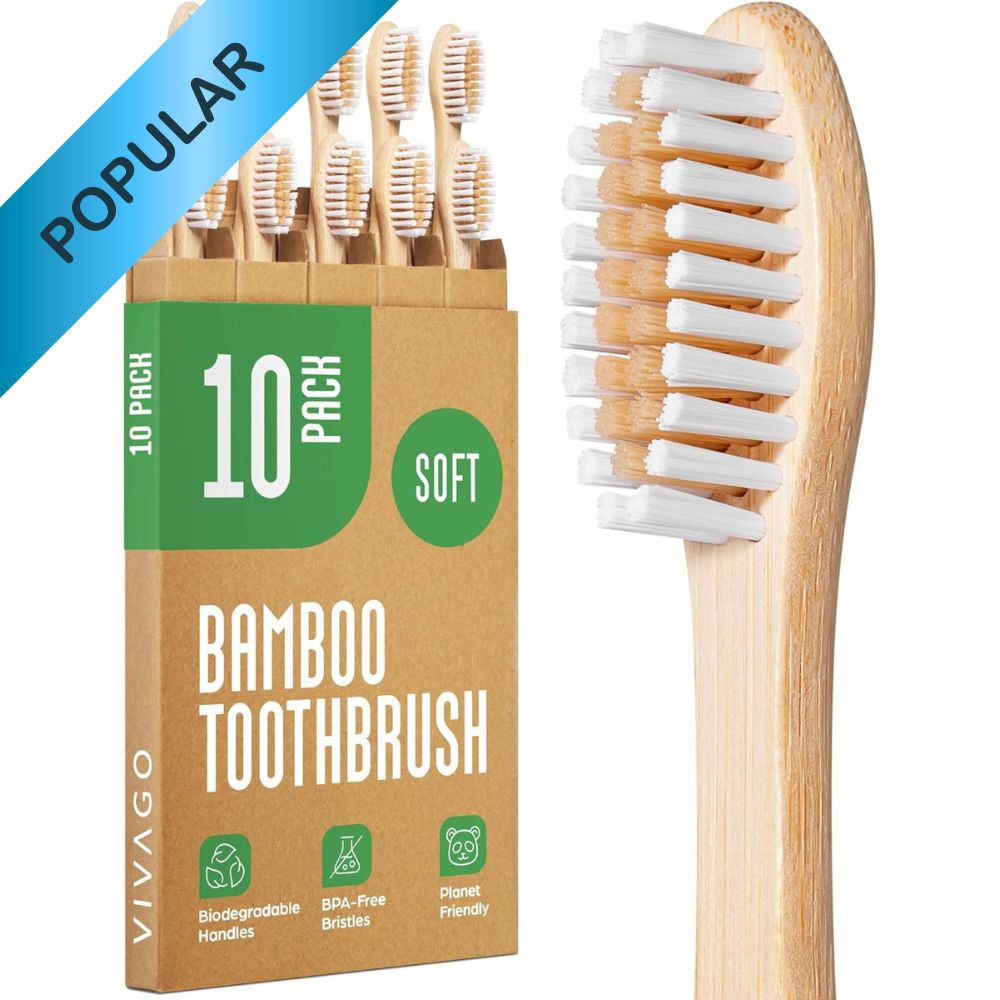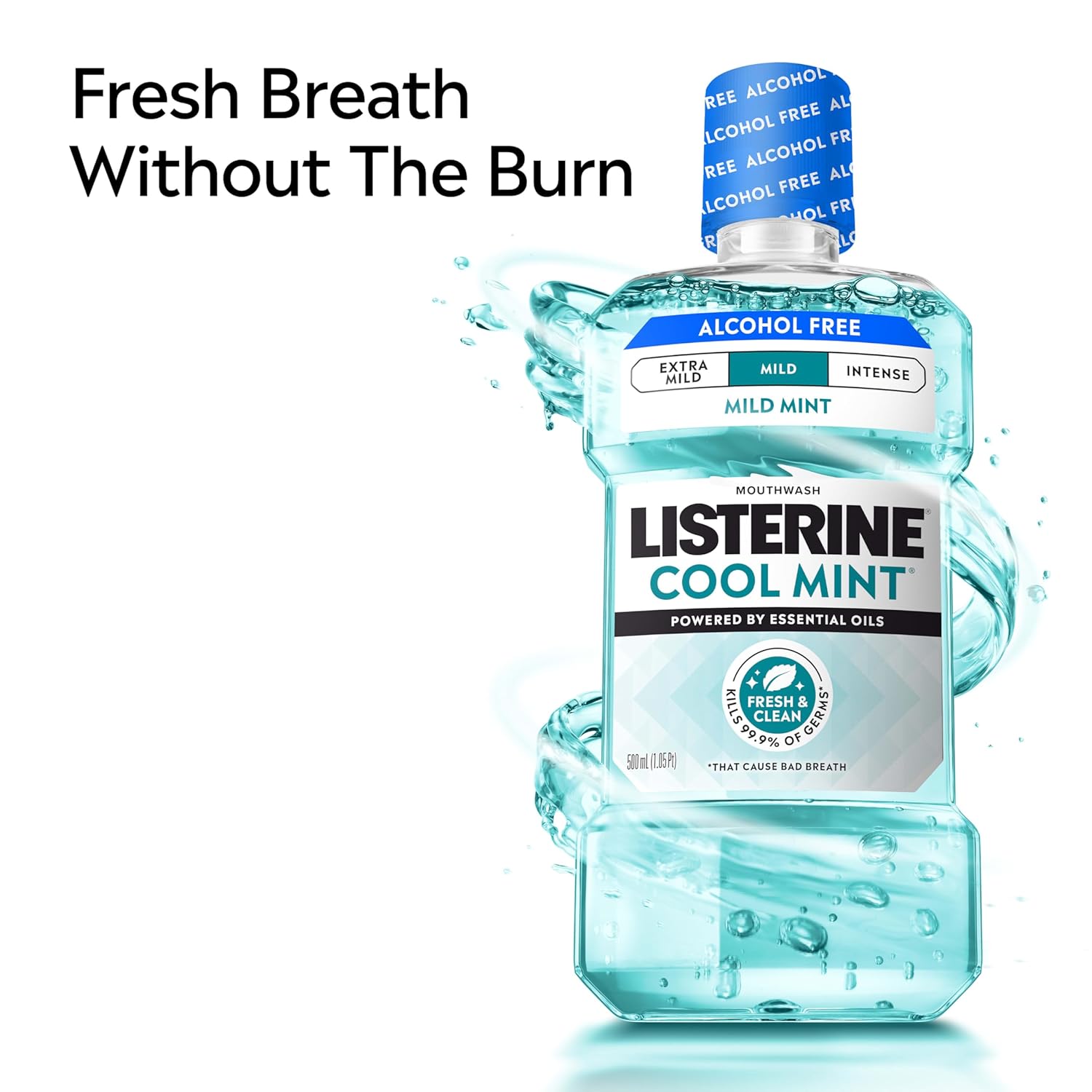Tooth pain can strike at the most inconvenient times—late at night, during work, or while traveling—making it difficult to eat, talk, or even sleep. While modern dentistry provides effective solutions, many people look for quick and natural remedies to manage discomfort until they can see a dentist. One of the most trusted remedies for generations is clove oil for sore tooth.
Clove oil has been used in traditional medicine for centuries, particularly in Asia and the Middle East, as a natural pain reliever and antiseptic. Today, it continues to be recognized for its effectiveness in soothing dental pain, thanks to its primary active compound, eugenol. According to the American Dental Association (ADA), toothaches are often caused by cavities, gum infections, or trauma to the tooth. While clove oil cannot cure these underlying conditions, it may provide temporary relief until professional treatment is sought.
In this guide, we’ll cover what clove oil is, how it works for sore teeth, the best ways to use it, its benefits, risks, and when to see a dentist. We’ll also explore some FAQs and alternative remedies for tooth pain.
💡 Note: Clove oil is best used as a short-term solution. If your toothache lasts longer than 1–2 days or is accompanied by swelling, pus, or fever, you should consult a dentist immediately.
- What is Clove Oil?
- Why Use Clove Oil for a Sore Tooth?
- How to Use Clove Oil for a Sore Tooth
- How Long Does Clove Oil Work?
- Benefits of Clove Oil for Sore Tooth
- Possible Side Effects of Clove Oil
- Alternatives to Clove Oil for Tooth Pain
- When to See a Dentist
- Scientific Evidence Behind Clove Oil
- Frequently Asked Questions (FAQs)
- Final Thoughts
What is Clove Oil?
Clove oil is an essential oil extracted from the dried flower buds of the clove tree (Syzygium aromaticum). It has a warm, spicy aroma and has long been used in cooking, herbal medicine, and dentistry.
Key components of clove oil:
- Eugenol (70–85%) – the main active compound, responsible for its numbing and antibacterial effects.
- Beta-caryophyllene – contributes to anti-inflammatory properties.
- Isoeugenol & acetyl eugenol – add mild antiseptic benefits.
In dentistry, eugenol is often used in:
- Temporary dental fillings
- Root canal medicaments
- Periodontal dressings
This is why clove oil is still considered one of the most reliable natural remedies for sore teeth.
Why Use Clove Oil for a Sore Tooth?
Toothaches can stem from many causes, including:
- Cavities (dental caries)
- Gum disease (gingivitis or periodontitis)
- Tooth fracture or injury
- Exposed tooth nerves
- Abscess or infection
Clove oil works as a natural anesthetic. Eugenol numbs the affected area by desensitizing the nerve endings, providing fast pain relief.
Benefits of clove oil for sore tooth include:
- Quick relief from toothache – Works within minutes.
- Antibacterial action – Helps control bacteria in the mouth.
- Anti-inflammatory – Reduces gum swelling and soreness.
- Accessible and affordable – Easily found in pharmacies and health stores.
- Supports oral hygiene – Many toothpaste and mouthwash brands add clove oil for dental health.
📌 Did You Know? Eugenol is still used by dentists today, especially in temporary fillings and soothing dental cements.
How to Use Clove Oil for a Sore Tooth
Because clove oil is potent, it must be used carefully. Here are safe and effective ways:
1. Direct Cotton Ball Application
- Dip a cotton ball in a few drops of clove oil.
- Place gently on the sore tooth for 10–15 minutes.
- Avoid chewing or swallowing.
2. Diluted with Carrier Oil
- Mix 2–3 drops of clove oil with 1 teaspoon of coconut or olive oil.
- Apply to the affected tooth using a cotton swab.
- This reduces burning or irritation.
3. Clove Oil Mouth Rinse
- Add 2 drops of clove oil to a glass of warm water.
- Swish around the mouth for 20–30 seconds.
- Spit out (never swallow).
4. DIY Clove Paste
- Mix clove powder with a few drops of water or oil.
- Apply directly to the tooth for targeted relief.
5. In Combination with Saltwater Rinse
- Rinse with warm salt water first to reduce bacteria.
- Then apply diluted clove oil for maximum relief.
⚠️ Important: Never use clove oil undiluted directly on gums for long periods—it may cause burns or tissue irritation.
How Long Does Clove Oil Work?
Clove oil provides relief for 20 minutes to a few hours, depending on the severity of the toothache. Reapplication may be needed, but use it no more than 3–4 times a day to avoid side effects.
Benefits of Clove Oil for Sore Tooth
Using clove oil for tooth pain offers more than just numbing relief:
1. Natural Pain Reliever
Eugenol acts as a mild anesthetic, reducing tooth nerve sensitivity.
2. Antibacterial & Antifungal
Clove oil can fight bacteria like Streptococcus mutans, a major cause of cavities.
3. Anti-inflammatory Properties
Helps soothe swollen gums and tissue irritation.
4. Affordable & Accessible
Readily available in health stores and pharmacies worldwide.
5. Complements Oral Hygiene
Found in many natural toothpaste and mouthwashes for cavity prevention.
Possible Side Effects of Clove Oil
Although clove oil is generally safe when used properly, side effects may include:
- Burning sensation on gums if undiluted
- Allergic reactions (rare but possible)
- Upset stomach if swallowed
- Tissue irritation with overuse
Not recommended for:
- Children under 2 years old
- Pregnant or breastfeeding women (unless doctor approves)
- People with bleeding disorders (clove oil may thin blood)
Alternatives to Clove Oil for Tooth Pain
If you don’t have clove oil on hand, try these remedies:
- Saltwater rinse – Reduces bacteria and soothes inflammation.
- Cold compress – Numbs pain and decreases swelling.
- Garlic paste – Natural antibacterial properties.
- Hydrogen peroxide rinse – Reduces infection risk.
- Over-the-counter painkillers – Ibuprofen or acetaminophen.
When to See a Dentist
Clove oil can only provide temporary relief. Seek professional dental care if you experience:
- Tooth pain lasting more than 2 days
- Severe throbbing pain
- Visible swelling in gums, jaw, or face
- Fever or pus near the tooth
According to WebMD, untreated tooth infections can spread to other parts of the body, posing serious health risks.
Scientific Evidence Behind Clove Oil
Research supports clove oil’s role in dental health:
- PubMed studies show that eugenol has strong antibacterial properties against oral pathogens.
- Mayo Clinic notes that natural remedies like clove oil may provide temporary pain relief but do not replace dental treatment.
- ADA confirms that clove oil remains useful in dentistry, especially in temporary restorations.
Frequently Asked Questions (FAQs)
How do you use clove oil for a sore tooth at home?
Clove oil for sore tooth pain can be used by diluting it with a carrier oil and applying it directly on the affected tooth or gums. This natural home remedy helps numb pain and reduce discomfort quickly.
Can clove oil really help with tooth infection pain?
Yes, clove oil for tooth infection relief is widely used because it contains eugenol, a natural compound with antibacterial and anti-inflammatory properties. While it may ease pain, professional dental treatment is still required for infections.
How long does clove oil take to work on a toothache?
When applied correctly, clove oil for sore tooth relief can start working within minutes by numbing the area. However, the duration of relief may vary depending on the severity of the toothache or gum infection.
Is clove oil safe for cavities and tooth decay pain?
Clove oil for cavities and tooth decay is often recommended as a temporary solution to relieve toothache. It cannot cure cavities but may reduce pain until you see a dentist. Always dilute clove oil before use to avoid gum irritation.
What are the side effects of using clove oil for sore tooth?
While clove oil for sore tooth pain is generally safe in small amounts, excessive use may cause gum irritation, burning, or allergic reactions. Always use diluted clove oil and consult your dentist if pain or infection persists.
Final Thoughts
Using clove oil for sore tooth is a time-tested, natural way to manage dental pain. Its pain-relieving, antibacterial, and anti-inflammatory properties make it one of the most effective home remedies for temporary relief. However, it’s not a permanent solution. If your toothache persists or worsens, you need professional dental care to address the root cause.
Think of clove oil as a first-aid kit for your mouth—useful, safe (when diluted), and effective, but never a replacement for dentistry.
✅ Key Takeaway: Use clove oil for quick relief, but always follow up with a dentist to prevent complications.
Disclaimer: The content provided in this article is for educational and informational purposes only. It does not substitute professional medical advice, diagnosis, or treatment. For guidance specific to your dental condition or recovery, please consult your dentist, oral surgeon, or licensed healthcare provider.



















0 Comments